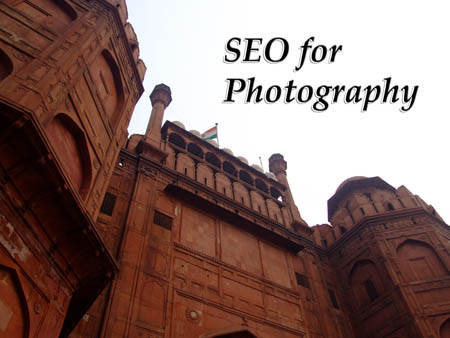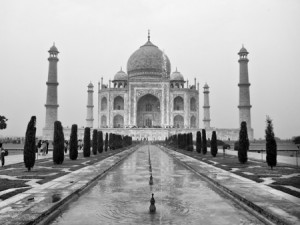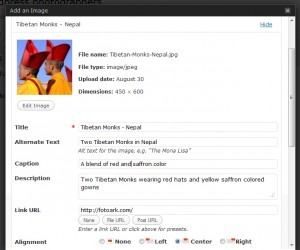
SEO means Search Engine Optimization. It is the process of making you website, and or content, visible to search engines. Without it, no one would find you website other than by word of mouth. Which is not good if you are looking for exposure!
The main search engines in the English speaking world are, Google, Yahoo and Bing. The later two are now using the same resources to deliver their results to you.
How does SEO work?
Before you understand SEO, you need to understand search engines. Search engines crawl the internet looking for content, which for the most part comes in the form of text. Text is easy for these automated programs to understand, compute and tell another program what score the content is worth having.
Why score content?
It the same as a book, or magazine article about. One may be well written, the other poorly. If both are about the same subject, then which one are you more likely to choose? The one with good content right?
So you look to reviews, recommendations and maybe even to book charts to make your decision.
Search engines do basically the same thing.
How do search engines tell what’s good or not?
There are several ways. Content, is it relevant to the subject? Are there other sites linking to the article that also have good relative content. Are there people mentioning it on social media, or subscriptions?
All this tells a search engine just how good, or not so good your content may be. And so, it gives your content a rank.
The higher the rank, the more authority your article will have over someone else’s with a similar subject.
Improving your SEO
In magazines and in many form of literature we doing things to highlight a point. We make headlines. We embolden subheadings, and we highlight areas.
In SEO, we need to do the same for the search engines. Who, or course, have their own language. They don’t visual read or look at our sites. They scan them and read the text. So making a heading red, to the public is nice. But, to a search engine it looks like style=”color: #99cc00;”>red. Big difference.
It does not see the color, it see’s the code.
Code your site for SEO promotion
So if you want to tell a search engine what your article or photograph is all about, you need to give it a code title.
Then, a description. This is a good start.
But, to continue on if you have more content, you should label something and headlines, or sub-headlines.
If all this sounds like work, well then, it is. But, there are many easy ways to do all this without getting technical that we will cover later.
Inherent flaws with SEO
This is, again, a basic overview of SEO. There are other contributing factors. For those with maybe a mathematical mind, or statistical background you might be frowning a little here. Can’t all this be gamed? The answer is of course, yes.
However, search engines are constantly evolving. And, this is the best system we have to work with up to know.
Do you need to care about SEO?
No not at all. Many programs out there that put content on the web automatically do a lot of this for you. But not all, and not so correctly.
If, however, you do want exposure. Then you’ll need to place SEO in a priority marker along with the rest of your content.
It’s the best we have to work with for now, and we just have to go with the flow.
Sadly, many people, photographers in particular over look this. And a lot of great photographs, and articles slip by the Internets way of catching it all. Hopefully, in the series of upcoming articles, we’ll be able to tighten the net a little, and get your work seen a lot more.



